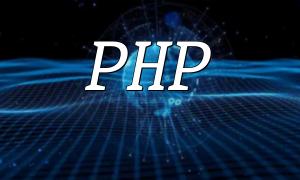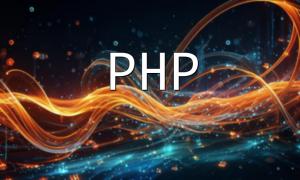With the rapid development of the internet, social media and community websites have become an essential part of people's daily lives. Whether sharing life moments with friends or joining communities based on shared interests, these platforms provide users with valuable interactive experiences. In this article, we will explore how to use PHP to develop the core features of social media and community websites.
PHP is a widely-used open-source server-side scripting language, primarily designed for web development. PHP seamlessly integrates with HTML and is executed on the server side. Many PHP frameworks, such as Laravel, CodeIgniter, and Yii, have become popular tools for developers, enabling rapid website development with rich functionalities.
The core features of social media and community websites typically include user management, content management, interaction features, search functionality, and security measures.
Every social platform relies on a robust user management system, which includes functions like user registration, login, profile management, and password reset. In PHP, databases can be used to store user information, and session management can be utilized to handle user login states.
The main content of social websites consists of user posts, comments, images, videos, and more. PHP can work in tandem with databases to help developers implement features that allow users to create, edit, delete, and share content.
Interaction is the essence of social media. Features like following users, private messaging, liking posts, and commenting are essential. PHP helps developers use databases to store interaction data and manage these user actions through backend code.
Search functionality is crucial for social platforms, allowing users to quickly find content or other users of interest. PHP can be used to implement full-text search capabilities or tag-based and keyword-based search functionality to enhance user experience.
When developing social media and community websites, security is a top priority. PHP provides multiple security mechanisms to prevent common issues such as XSS attacks and SQL injection. Moreover, implementing HTTPS encryption ensures that user data is securely transmitted.
Beyond basic interaction features, social platforms can incorporate additional functionalities based on specific needs, such as message notifications, recommendation systems, event management, ad placement, and data analytics. These features can be developed using PHP frameworks and libraries.
Performance and scalability are also important considerations for social platforms. Using caching techniques, load balancing, and distributed storage methods can help improve website responsiveness and scalability.
In summary, when developing social media and community websites using PHP, developers must focus on implementing core features such as user management, content management, interaction features, search functionality, and security. By choosing the right PHP frameworks and libraries, developers can accelerate development and ensure high performance and security for the platform.









